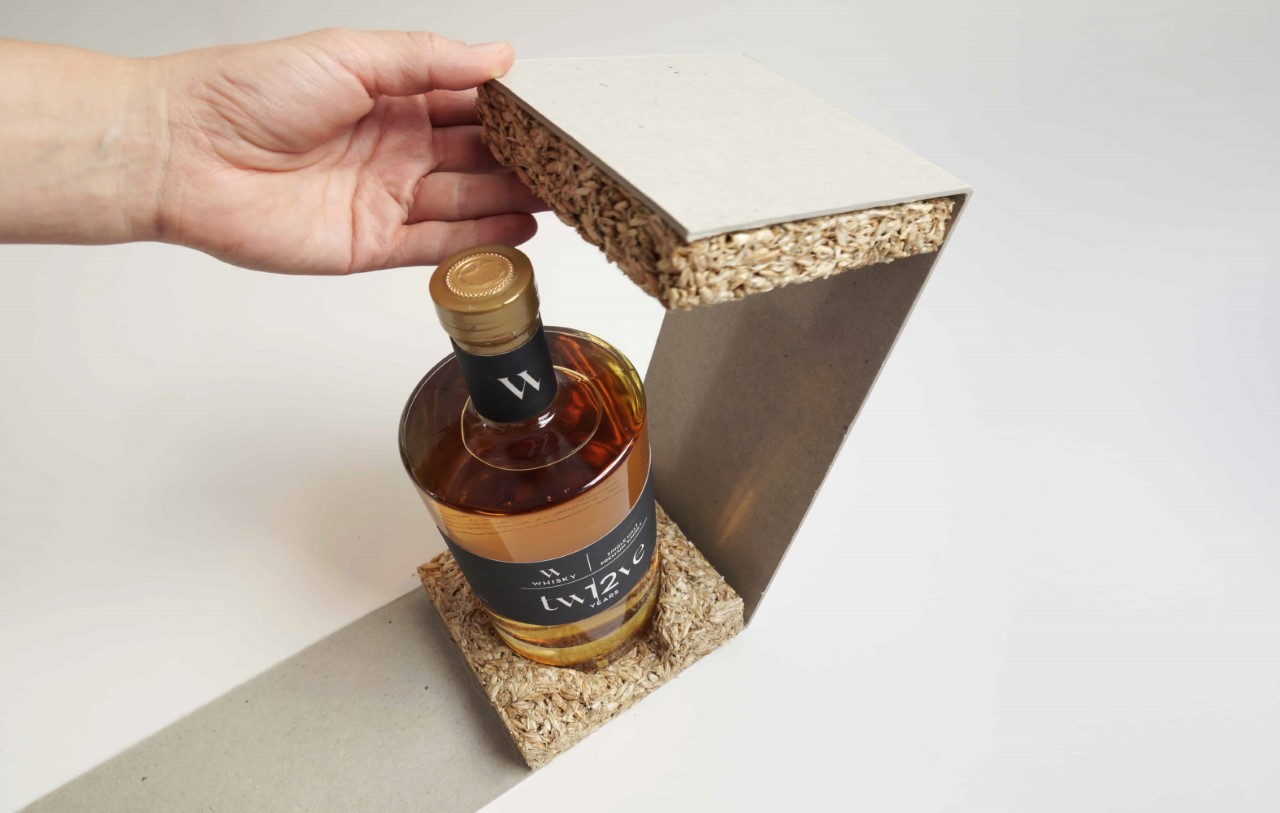- Proservation’s Innovative Packaging Solution: A German company, Proservation, introduces Recou, a biodegradable cushioning material made from grain husks, as an alternative to conventional styrofoam.
- The Environmental Impact: Proservation’s Recou addresses the significant waste problem caused by non-recyclable styrofoam packaging.
- Recou’s Unique Properties: Made using a bio-based binder, Recou is comparable to styrofoam in functionality but is environmentally friendly, moisture-resistant, and compostable.
- Future Prospects: Proservation aims to establish an industrial plant by 2024, offering standard products and custom solutions, signaling a potential shift in the packaging industry towards sustainable practices.
Picture this: You’ve just received a package, eagerly tear it open, and there, nestled securely inside, is your new gadget. But wait, instead of the usual styrofoam, you find something different – a soft, cushiony material that looks like it’s made from grains. Welcome to the world of Recou, an innovative packaging solution by Proservation, aiming to turn the tide against plastic pollution.
My First Encounter with Recou: A Tale of Curiosity and Surprise
I remember the first time I stumbled upon Recou. It was a rather ordinary day, and I was unboxing a new coffee maker. To my surprise, instead of the typical styrofoam, I found my coffee maker cradled in a peculiar, earthy material. Curious, I examined it closer and learned about its remarkable origin – grain husks!
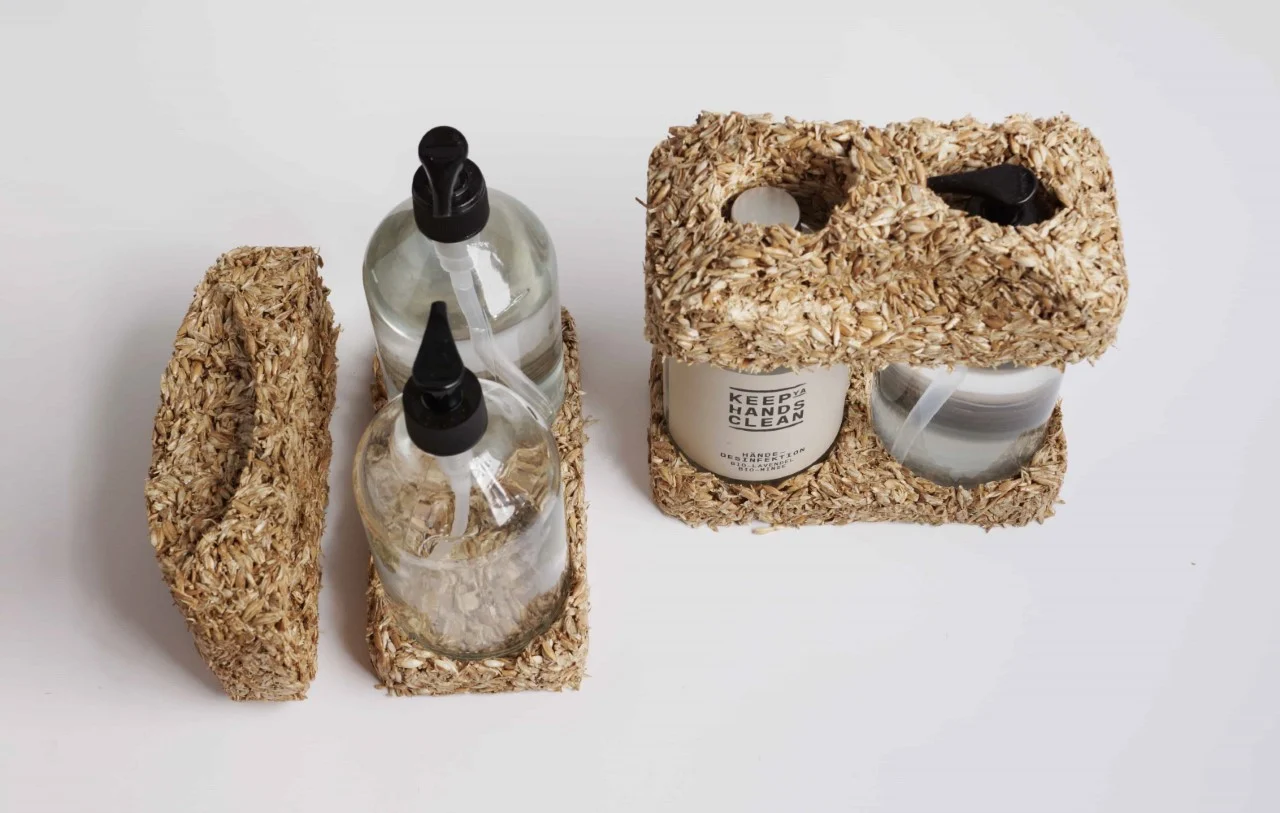
The Problem with Styrofoam: A Persistent Environmental Challenge
Let’s face it, styrofoam is everywhere in packaging. It’s like that uninvited guest at a party who refuses to leave. Not only is it made by adding air to plastic, making it almost impossible to recycle, but it’s also specifically designed for certain products, limiting its reuse. The result? An environmental headache of epic proportions.
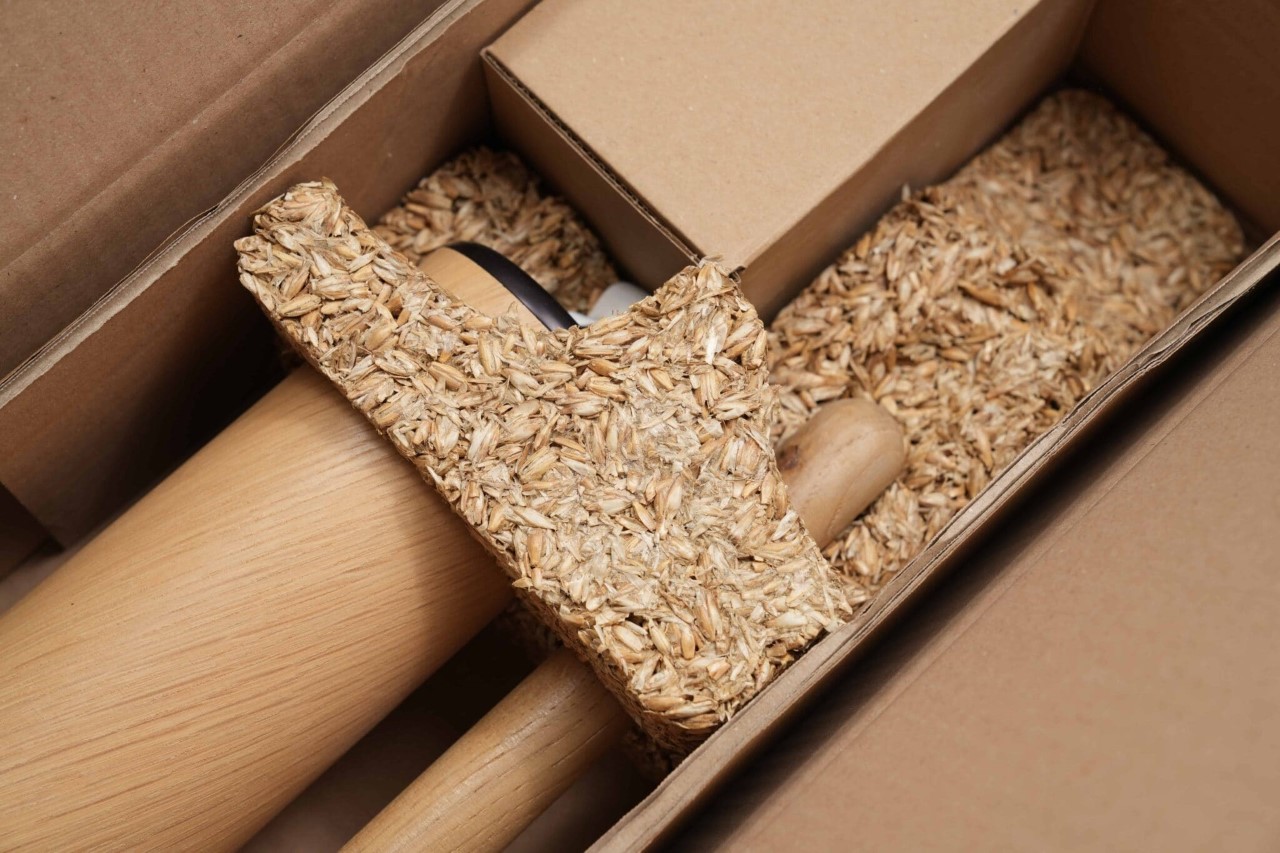
Recou: Nature’s Answer to Packaging Woes
Here’s where Proservation’s Recou steps in. It’s like nature’s little hack for packaging – using what it already has. Grain husks, typically discarded or burned, are upcycled into a soft, impact-resistant material. What’s genius about Recou is its resemblance to styrofoam in function, but not in footprint. It’s biodegradable and can even be composted. Imagine that!
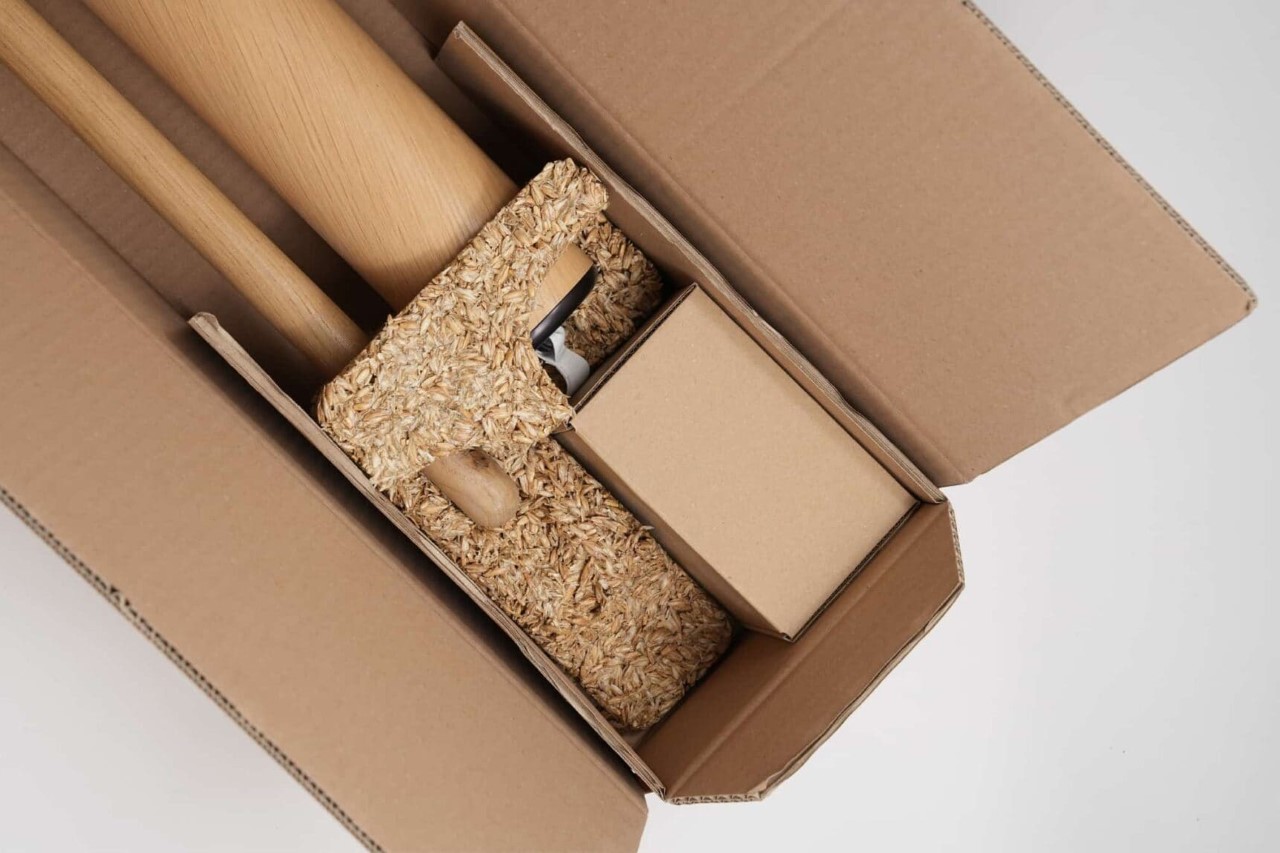
A Closer Look at Recou’s Characteristics
Recou isn’t just a pretty face in the world of packaging. It’s moisture-resistant, a trait I tested by accidentally spilling water on it (spoiler: the material held up brilliantly). However, prolonged exposure to humidity does kickstart its decomposition process. It’s a bit denser than styrofoam, but that’s a small price to pay for its environmental benefits.
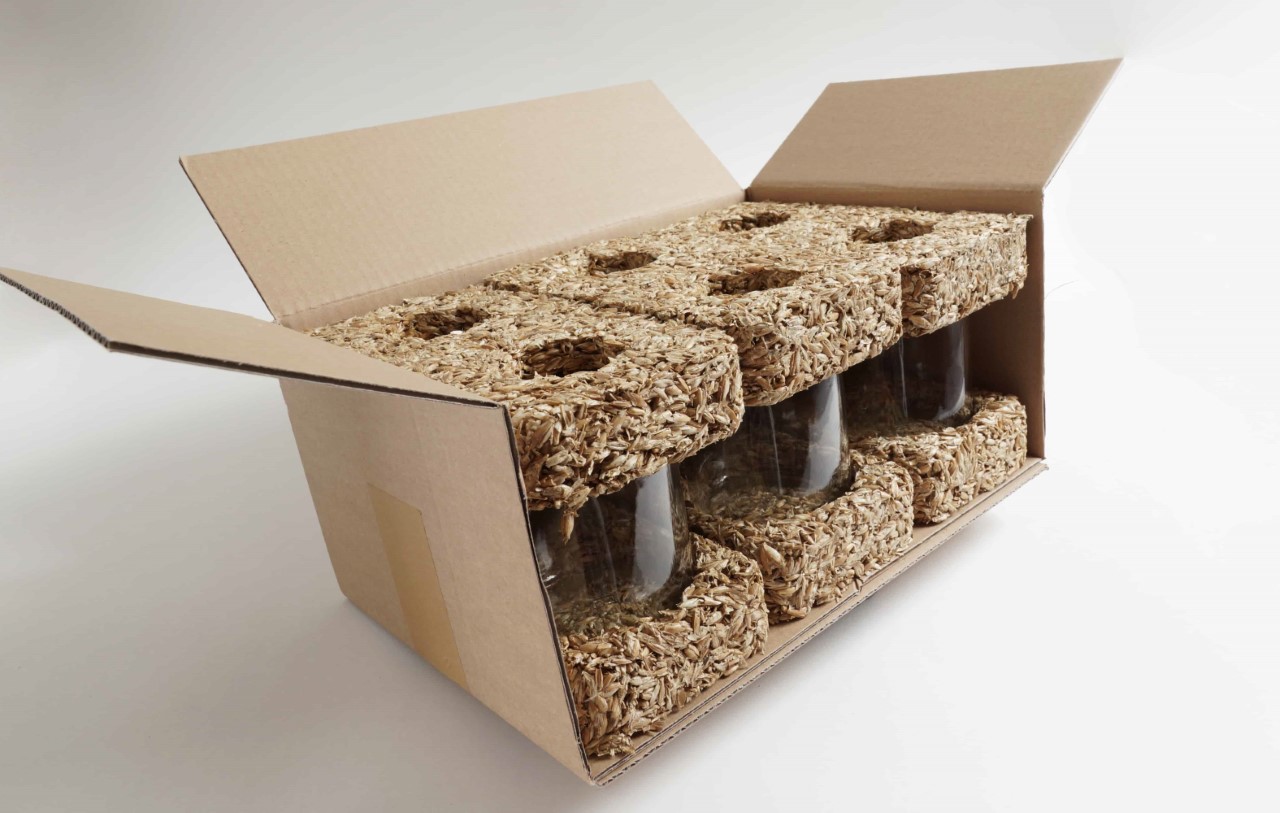
Transitioning to Recou: A Path for Industries
Proservation isn’t just stopping at creating a product; they’re paving the way for industries to adopt it. From standard products like corner cushions to custom solutions, they’re gearing up to make Recou a staple in packaging. Their plan to have an industrial plant by 2024? It’s a clear signal that sustainable packaging isn’t just a dream, but a rapidly approaching reality.
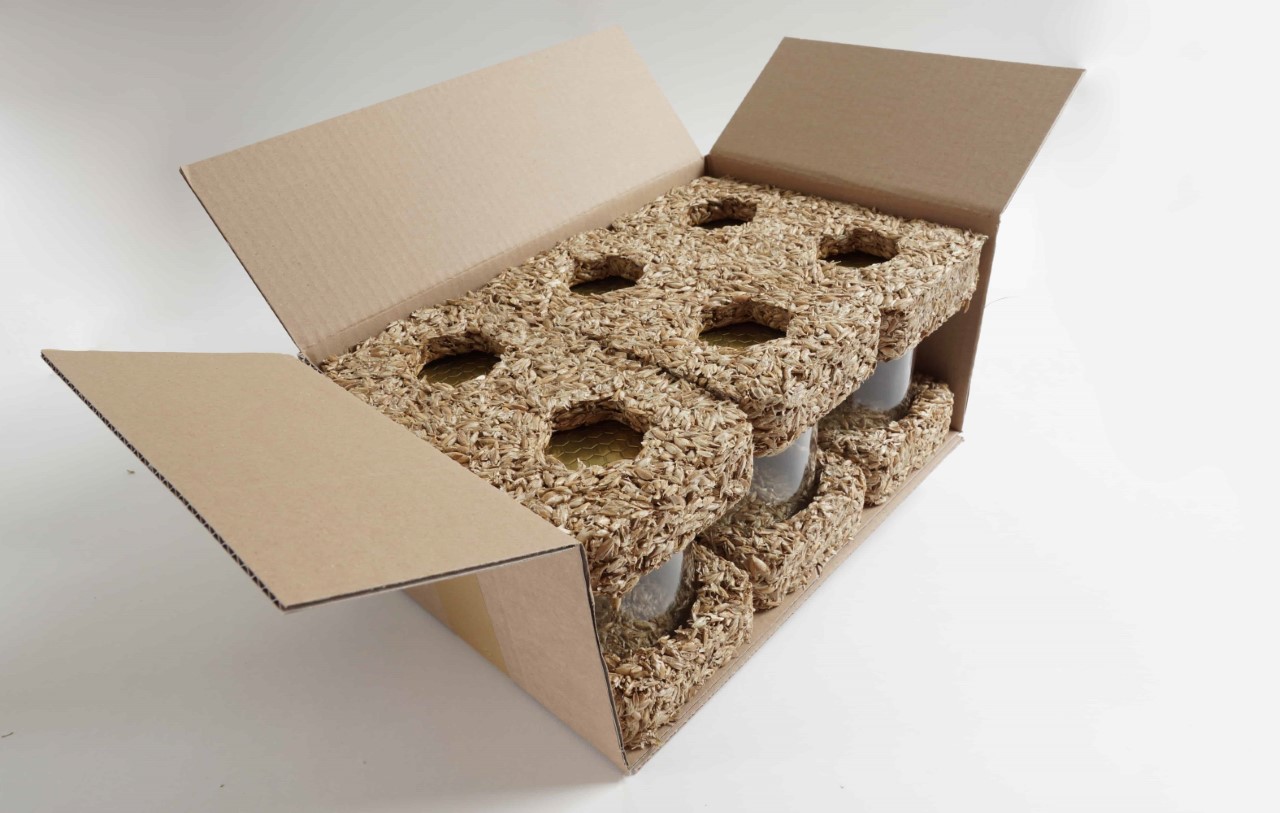
Reflecting on the Journey from Factory to Front Door
When you think about it, the journey of a product from the factory to our hands is a story in itself. The packaging, often overlooked, plays a crucial role. With Recou, this story gets a new, eco-friendly chapter. It’s not just about protecting the product anymore; it’s about protecting our planet.
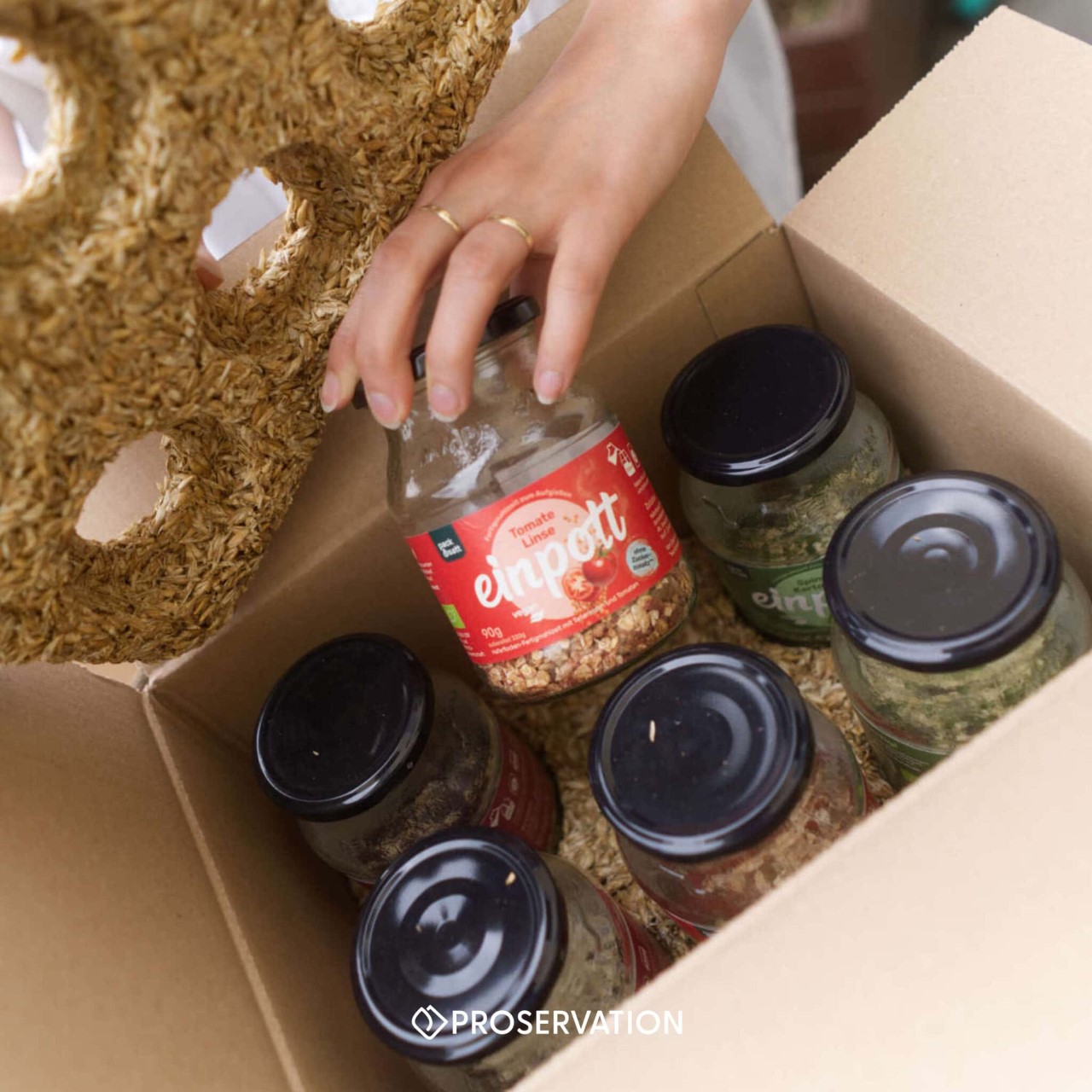
Final Thoughts
In a world grappling with plastic pollution, Proservation’s Recou emerges as a beacon of hope. It’s a reminder that sometimes, the solutions to our biggest problems lie in the simplest of places – like grain husks. As I sit here, sipping coffee made from my new machine, I can’t help but feel a sense of optimism. With innovations like Recou, maybe, just maybe, we’re on the right track to a greener future.
